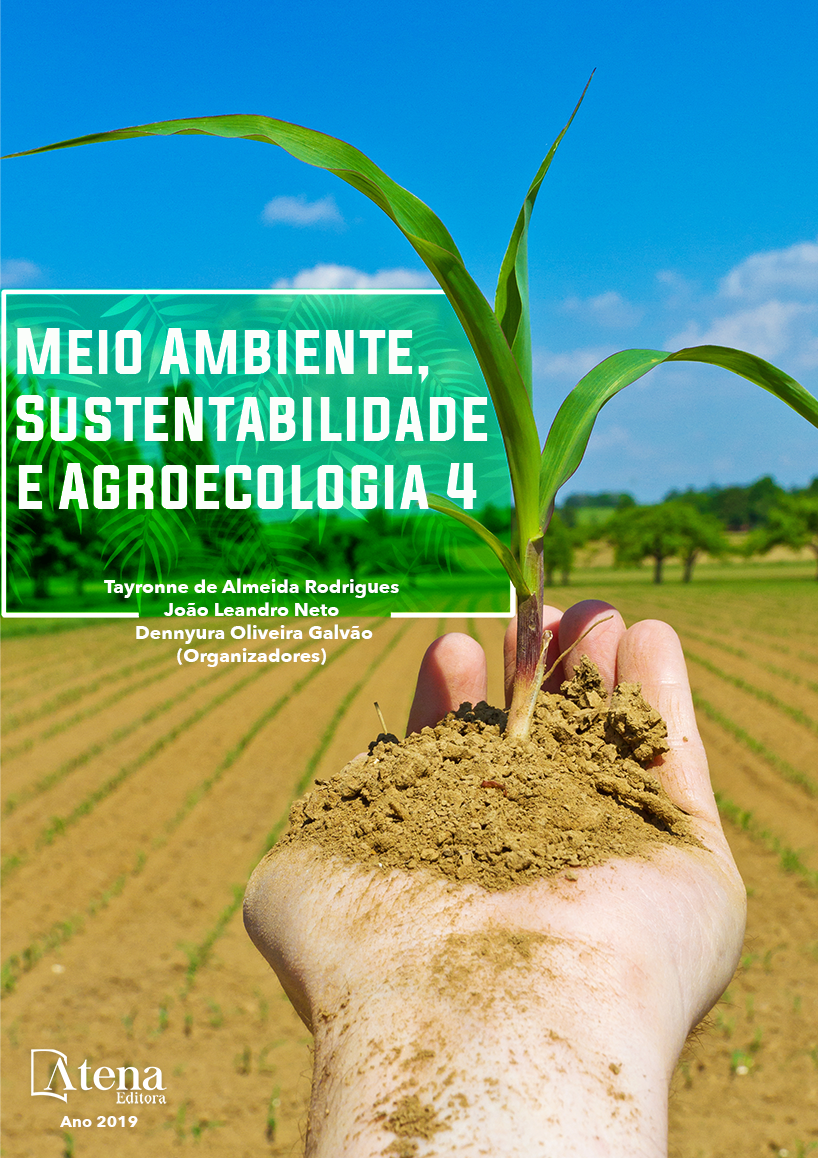
TELECONEXÕES ENTRE O EL NIÑO OSCILAÇÃO SUL E O MODO ANULAR AUSTRAL EM EVENTOS EXTREMOS DE ONDA NAS REGIÕES OCEÂNICAS SUL E SUDESTE DO BRASIL
A variabilidade interanual do El Niño
(El Niño Souther Oscillation ou ENSO) se destaca
sobre outros processos da dinâmica oceanoatmosfera,
agindo como um processo sinérgico
com outros eventos climáticos conectados as
mudanças climáticas globais, podendo resultar
em tanto em consequências ambientais quanto
impactos econômicos. Da mesma forma, o
SAM, ou Modo Anular Austral, representa o
movimento norte-sul do cinturão de ventos
oeste que circunda a Antártica, dominando os
processos em latitudes médias e mais altas do
hemisfério sul. Tal deslocamento no traçado
principal dos ventos de oeste resulta em um
potencial gerador de tempestades mais fortes
causadas por sistemas de baixa pressão que se
deslocam sobre o Atlântico Sudoeste, podendo
potencializar a zona de ciclogênese no Atlântico
Sul. Neste trabalho, séries de ondas históricas do
Atlântico Sudoeste dentro da METAREA V, sob
responsabilidade brasileira, foram analisados
de 2005 a 2016 utilizando dados de hindcast
fornecidos pela NOAA (National Oceanic and
Atmospheric Administration) através do modelo
WAVEWATCH III (WWIII). Utilizando dados de
onda fornecidos pelo Programa Nacional de
Boias (PNBOIA) aqui no Brasil para a mesma
área, foi realizada então a calibração dos
dados de séries históricas de onda fornecidos
pelo NOAA. As séries temporais obtidas com
o WWIII foram comparadas com o Multivariate
El Nino Index (MEI) e o Marshall Southern
Anular Mode Index (MSAM) para as mesmas
posições do PNBOIA, sendo possível observar
uma teleconexão clara entre os padrões de
intensidade (altura) das ondas e a ocorrência
dos fenômenos climáticos
TELECONEXÕES ENTRE O EL NIÑO OSCILAÇÃO SUL E O MODO ANULAR AUSTRAL EM EVENTOS EXTREMOS DE ONDA NAS REGIÕES OCEÂNICAS SUL E SUDESTE DO BRASIL
-
DOI: 10.22533/at.ed.3091916044
-
Palavras-chave: Ondas, Mudança climática, El Niño, Modo Anular do Sul, Atlântico,Sudoeste.
-
Keywords: Waves, Climat Change, El Niño, Southern Annular Mode, Southwest Atlantic.
-
Abstract:
The interannual variability of El Niño (El Niño Southern Oscillation or
ENSO) stands out over other ocean-atmosphere processes, acting as a synergistic
process with other climatic events connected to global climate change, that may result
in both environmental consequences and economic impacts. Likewise, the SAM, or
Southern Annular Mode, represents the north-south movement of the west wind belt
that surrounds Antarctica, dominating the processes at the upper and middle South
hemisphere. Such displacement in the main trajectory of the westerlies results in a
potential generator of stronger storms caused by low pressure systems that move over
the Southwest Atlantic, being able to potentialize the cyclogenesis zone in the South
Atlantic. In this work, historical waves series of the Southwest Atlantic within METAREA
V, under Brazilian responsibility, were analyzed from 2005 to 2016 using hindcast data
provided by the National Oceanic and Atmospheric Administration (NOAA) through
the Wavewatch III (WWIII) model. Using wave data provided by the Brazilian National
Buoy Programme (PNBOIA) for the same area, the calibration of historical wave series
data provided by NOAA was then performed. The time series obtained with WWIII,
for the same PNBOIA buoy position were then compared to the Multivariate El Niño
Index (MEI) and the Marshall Southern Anular Mode Index (MSAM), being possible to
observe a clear teleconnection between the intensity patterns (height) of the waves
and the occurrence of climatic phenomena.
-
Número de páginas: 15
- Thaís Lobato Sarmento
- André Luiz Belém
- Luthiene Alves Dalanhese


